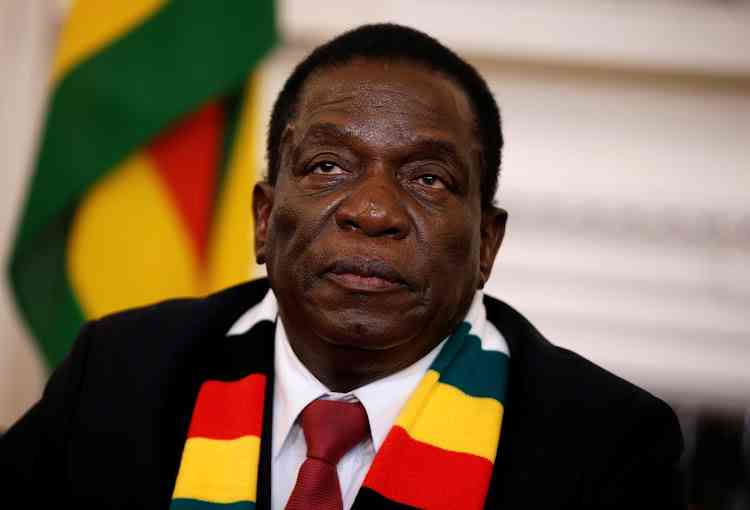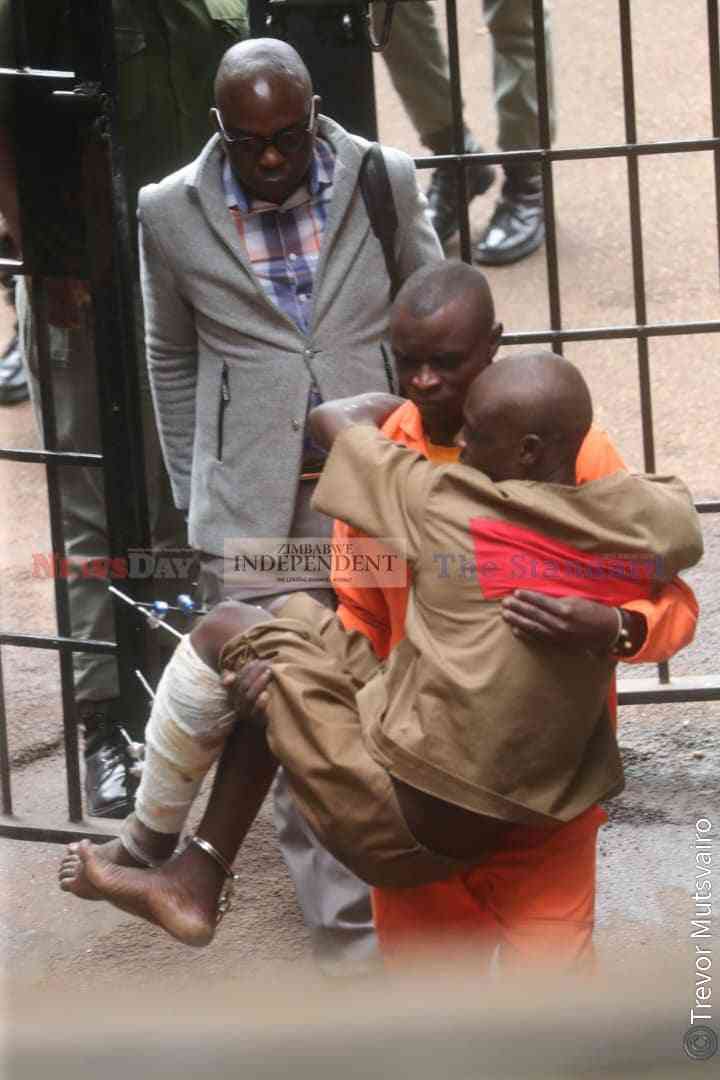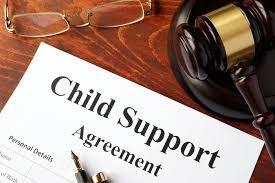
THE United States (US) government has scoffed at President Emmerson Mnangagwa’s accusations that it has established a military base in neighbouring Zambia.
Mnangagwa was recently captured on camera telling his Russian counterpart Vladmir Putin in St Petersburg that Zambia posed a security threat to Zimbabwe as its security sector was heavily funded by the US government.
He also claimed that Zambia had become an American client-State and was bent on destabilising the region.
However, addressing journalists in a virtual Press briefing yesterday, the Commander of the US Africa Command and Marine Corps, General Michael Langley dismissed Mnangagwa’s claims as “false”.
Langley also discussed top regional security challenges throughout Africa and his participation at the 2024 African Chiefs of Defence Conference from June 24 to 26 in Botswana.
The African chiefs of defence conference was hosted by Botswana.
Langley said their security co-operation office was housed at the American embassy in Zambia.
“That [Mnangagwa’s allegations are] absolutely false. We have no base in Zambia and we have no plans to put one there. Our approach is Africa-led and US-enabled. We work closely; we have a deep partnership with Zambia,” he said.
- Mavhunga puts DeMbare into Chibuku quarterfinals
- Bulls to charge into Zimbabwe gold stocks
- Ndiraya concerned as goals dry up
- Letters: How solar power is transforming African farms
Keep Reading
Added Langley: “There is no base. We have increased security co-operation with them but there is no footprint and there is no base within our security cooperation office resident within the embassy.”
Mnangagwa’s remarks have strained relations between Zimbabwe and Zambia, with the northern neighbour approaching Sadc and the African Union to intervene following the “unwarranted attacks” by the Zimbabwean leader.
In his meeting with Putin on June 6, Mnangagwa accused the “Americans of consolidating their power” in Zambia, “both in terms of security and in terms of financial support to make sure that we feel lonely.”
Zimbabwe has been under US sanctions since 2003 over alleged human rights violations.
In March this year, the US reviewed the sanctions but imposed new restrictions on Mnangagwa, his wife and senior government officials for their alleged involvement in corruption and human rights abuses under the Global Magnitsky Act of 2016.
The Act authorises the US government to sanction foreign government officials around the globe for alleged human rights abuses, freeze their assets and ban them from entering the US on unofficial business.
The US accused Mnangagwa of protecting gold and diamond smugglers that operate in Zimbabwe and of directing government officials to facilitate the sale of gold and diamonds in illicit markets and taking bribes in exchange for access to him.
In April, Washington announced that it had established a partnership to “strengthen disaster response and security co-operation between the United States and Zambia.”
Relations between Lusaka and Harare have soured since Zimbabwe’s 2023 disputed polls.
Shortly after the elections, officials from the two countries had a public spat after a Sadc election observer mission headed by Zambian opposition leader Nevers Mumba produced an adverse report.
Zimbabwe will in August this year assume the Sadc chairmanship at a summit to be held in Harare.










